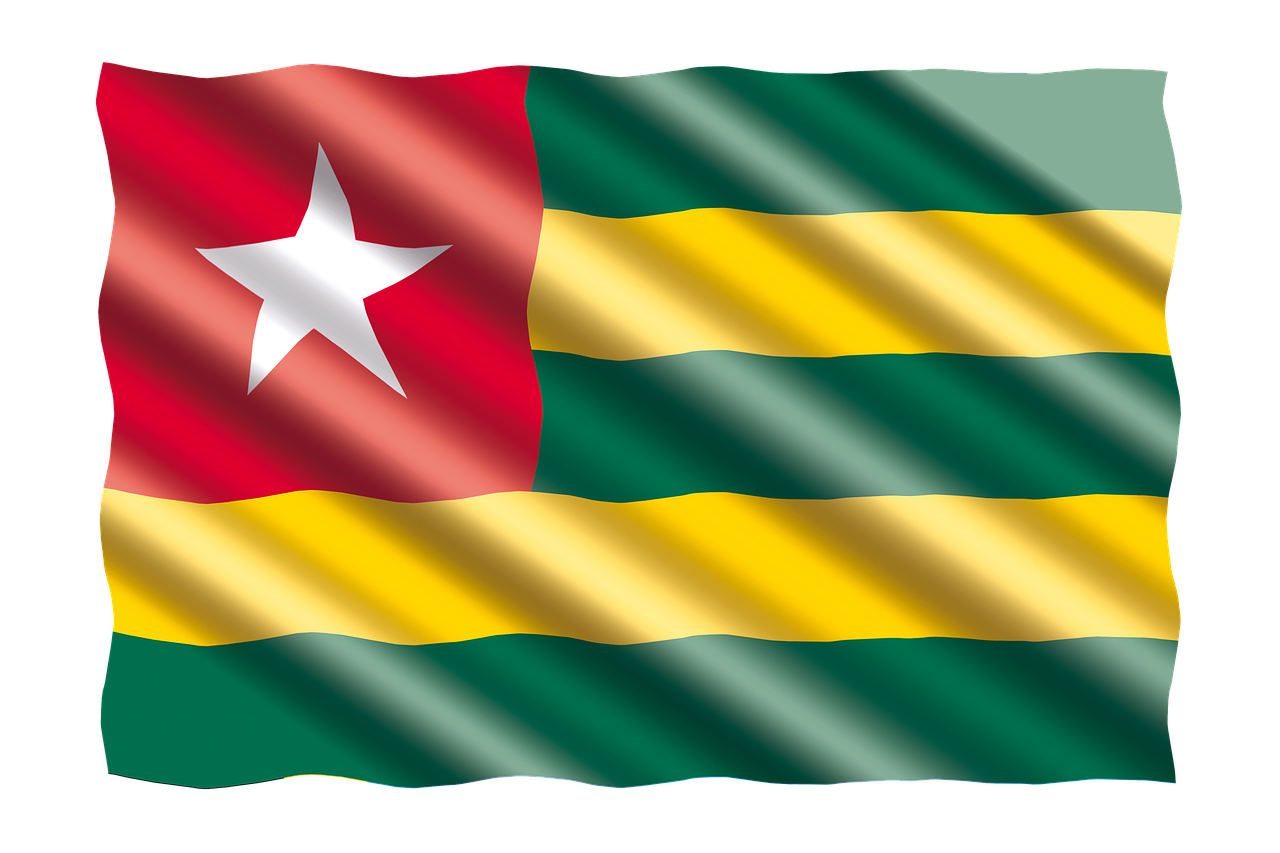By Promise Eze, 20 December 2024

Flag of Togo (photo credit: jorono via pixabay)
In May 2024, Togo's President Faure Gnassingbé signed a new constitution, transitioning the country from a presidential to a parliamentary system. Under this new framework, lawmakers are responsible for electing the president.
Supporters of the reforms argue that this transition diminishes Faure Gnassingbé's powers by making the presidency a largely ceremonial role. Human Rights Minister Yawa Djigbodi Tségan claimed the changes would improve democracy in the country. However, the opposition has called it a "constitutional coup," accusing Gnassingbé of using it to entrench his power by removing term limits.
The new constitution extends presidential terms from five to six years and establishes a single-term limit. However, the nearly 20 years that Gnassingbé has already been in office will not be included in this count. [ . . . ] Many critics argue that the recent constitutional changes are simply a cover for Faure Gnassingbé to maintain control. Under the new system, the president will serve a largely ceremonial role, while real power will rest with the "president of the council of ministers," a position that is expected to go to Gnassingbé himself.
In the period leading up to the vote in April, the government took measures to restrict civil liberties, including banning protests, arresting opposition leaders, and preventing the Catholic Church from deploying election observers. Foreign journalists were also barred from reporting on the events.
Read the full article here:
All Africa
